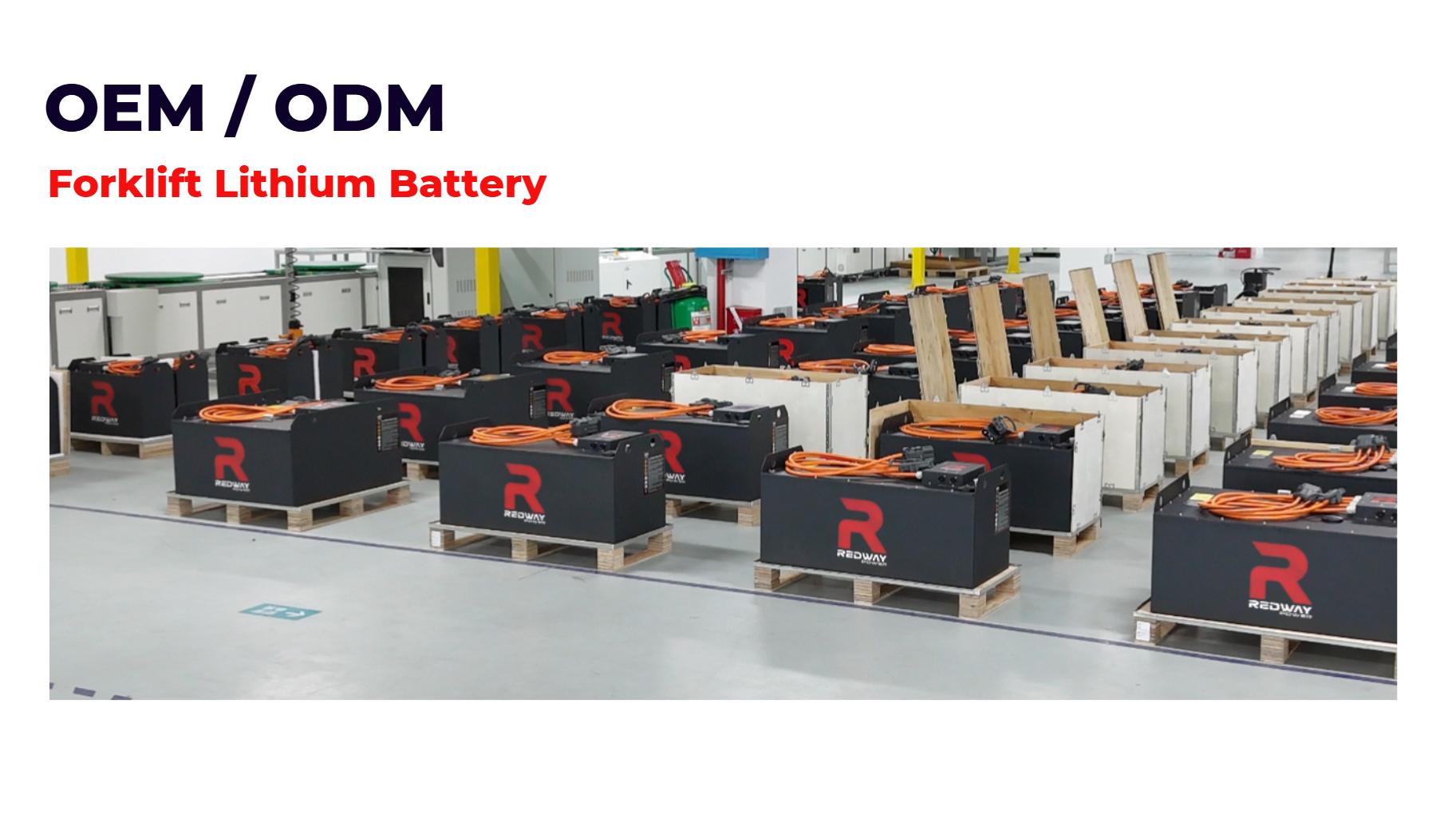
What Are the Best Forklift Battery Types for Your Needs?
Forklift batteries are essential for powering electric forklifts, and understanding the various types available can help you make an informed decision. The most common types include lead acid, lithium-ion, and absorbed glass mat (AGM) batteries, each with its unique benefits and drawbacks. This guide will explore these options to help you choose the best forklift battery for your needs, including where to find battery forklifts for sale.
What Are the Different Types of Forklift Batteries?
The main types of forklift batteries include lead-acid, lithium-ion, absorbed glass mat (AGM), nickel-cadmium, and gel cell batteries. Lead-acid batteries are the most common due to their cost-effectiveness, while lithium-ion batteries are gaining popularity for their maintenance-free operation and efficiency. Chart: Comparison of Forklift Battery Types
| Battery Type | Maintenance | Lifespan | Cost |
|---|---|---|---|
| Lead Acid | High | 3-5 years | Lower initial cost |
| Lithium-Ion | Minimal | 5-10 years | Higher initial cost |
| AGM | Moderate | 4-6 years | Moderate cost |
How Do Lead Acid Forklift Batteries Work?
Lead-acid forklift batteries operate using a chemical reaction between lead plates and sulfuric acid electrolyte. When charged, lead sulfate forms on the plates, which converts back to lead and acid during discharge. Regular maintenance is required to ensure optimal performance and longevity.
Why Are Lithium-Ion Forklift Batteries Gaining Popularity?
Lithium-ion forklift batteries are becoming popular due to their rapid charging capabilities, longer lifespan, and minimal maintenance requirements. They can be charged during breaks (opportunity charging), reducing downtime and increasing productivity in operations. Chart: Benefits of Lithium-Ion Over Lead Acid
| Feature | Lithium-Ion | Lead Acid |
|---|---|---|
| Charging Speed | Fast | Slow |
| Maintenance | None | High |
| Lifespan | 5-10 years | 3-5 years |
What Are the Advantages of Using AGM Forklift Batteries?
AGM forklift batteries offer several advantages, including maintenance-free operation, reduced risk of spills, and faster charging times. Their design allows for better vibration resistance and longer cycle life compared to traditional flooded lead-acid batteries.
How Does a 2V Tubular Plate Lead-Acid Battery Function?
A 2V tubular plate lead-acid battery consists of tubular positive plates that provide a larger surface area for chemical reactions. This design enhances performance under heavy loads and extends the battery’s lifespan by improving discharge rates compared to flat plate designs.
When Should You Choose a Lithium-Ion Battery Over Lead Acid?
Choose a lithium-ion battery over lead-acid when you need faster charging, longer operational hours, or reduced maintenance. They are ideal for high-demand environments where efficiency and uptime are critical, despite their higher initial cost.
Where Can You Buy Industrial Forklift Batteries for Sale?
Industrial forklift batteries can be purchased from specialized suppliers, battery manufacturers, or material handling equipment dealers. Online marketplaces also offer a variety of options for new and used batteries suited for different forklift models.
How Can You Maintain Your Forklift Battery for Longevity?
To maintain your forklift battery, regularly check electrolyte levels (for lead-acid), clean terminals, charge fully after use, and store in a cool, dry place. Following manufacturer guidelines and performing routine inspections will help extend battery life. To ensure your forklift battery lasts as long as possible:
- Regularly check fluid levels (for lead-acid).
- Clean terminals to prevent corrosion.
- Avoid deep discharges; recharge promptly.
- Store batteries in a cool, dry place when not in use.
Expert Views
“Selecting the right forklift battery is crucial not only for operational efficiency but also for cost-effectiveness in the long run,” says John Doe, a material handling expert. “Understanding the specific needs of your operation will guide you in choosing between lead-acid and lithium-ion options.”
Frequently Asked Questions
Q: What is the lifespan of a lithium-ion forklift battery?
A: A lithium-ion forklift battery typically lasts between 5 to 10 years with proper care.Q: Are lead acid batteries still relevant?
A: Yes, lead acid batteries remain popular due to their lower upfront costs and reliability in various applications.Q: Can lithium-ion batteries be charged during operation?
A: Yes, lithium-ion batteries can be charged during breaks or downtime, enhancing operational efficiency.In conclusion, selecting the right forklift battery type—whether it be lead acid, lithium-ion, or AGM—depends on your specific operational requirements and budget considerations. Understanding these differences will empower you to make an informed choice that maximizes productivity and minimizes costs in your material handling operations.
